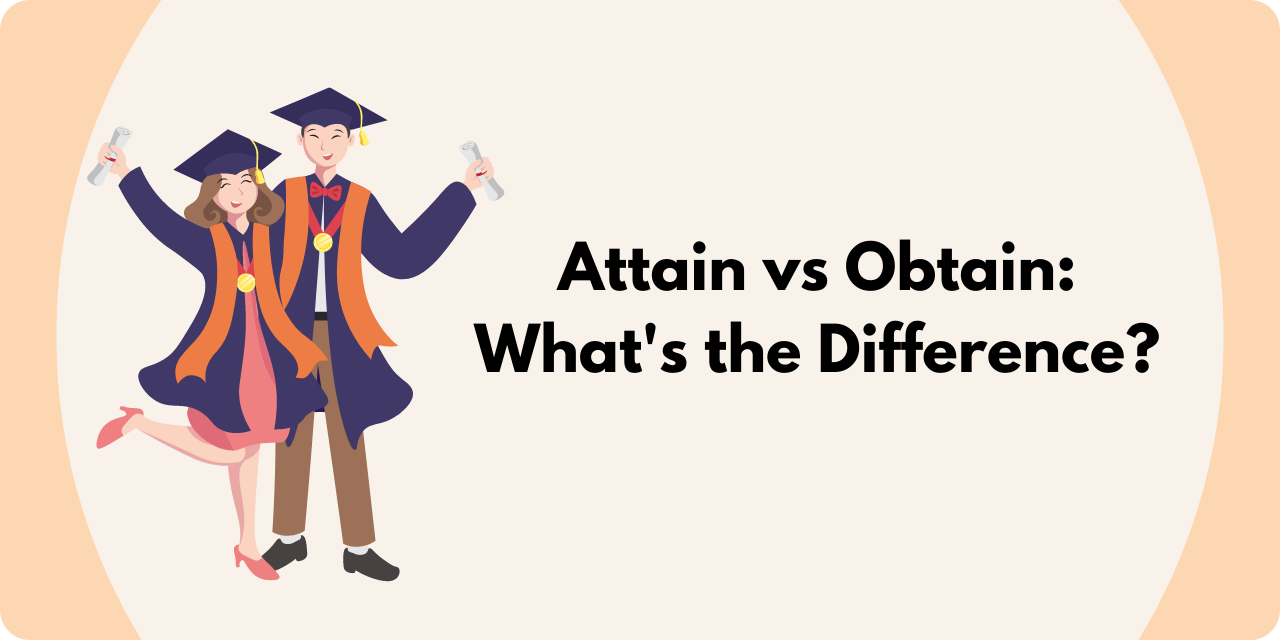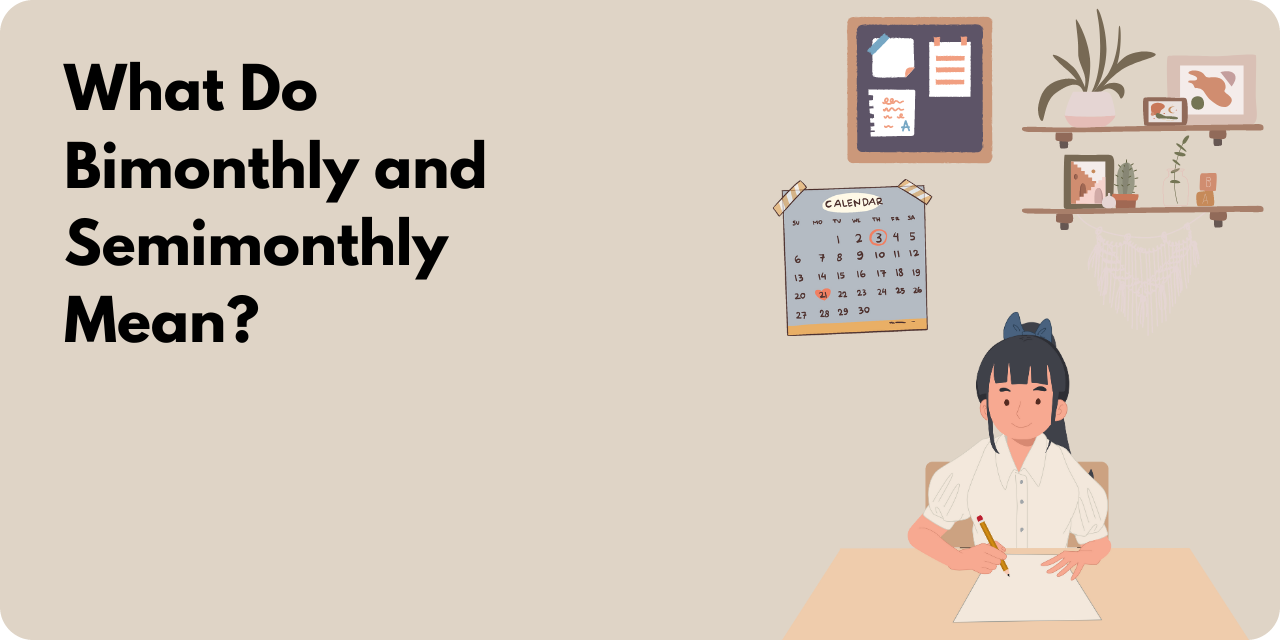The English language is full of pitfalls. Compound words can be especially tricky, as they act as a singular word yet have the characteristics of two separate words. For instance, “some day” and “someday” are often used interchangeably, even though they have different meanings, and belong to different parts of speech.
Let’s have closer look and see how both are used.
Differences Between “Someday” And “Some Day”
Here are the main differences.
Someday
“Someday” is an adverb (a quick grammar refresher – an adverb modifies or qualifies an adjective, verb or another adverb), and more specifically, an adverb of time. It is also considered a compound word, which means it comprises two or more root words that were merged into a new word.
Someday defines an unspecified amount of time occurring in the future. In other words, it can be used to describe that something will happen some indefinite future time. For instance:
- I will get to that someday.
- Someday I will meet someone that relates to me on a deeper level.
- Someday I will finally get around to starting that project
- I know that someday my hard work will pay off
So the main thing to remember here is that time someday is used to refer to future events at an indefinite time.
Some day
In contrast, “some day” is a similar noun phrase. A noun phrase is group of words or a word that contains a noun and functions in a sentence as subject, object, or prepositional object. Here we have to words – some (an adjective) and day (a noun).
Some day usually refers to an unspecified day within a specific time frame. For example:
- I will get to that some day this week.
- Some day next year, I hope to find someone who relates to me more deeply.
- Some day next week, I will finally get around to cleaning the attic.
- My trip is scheduled for some day next month, but I can’t recall the precise time.

Replacement for Someday
If you wish to spice up your writing and have a few synonyms for someday at the ready, here are some similar phrases you can use:
Eventually
I knew that eventually headquarters would notice the above-average numbers our branch was producing.
Ultimately
Ultimately, the project will end and we can all sigh a breath of relief.
Sooner or later
She would have to speak to me sooner or later.
In time
I knew that in time I would find the best way to contribute to the team.
Examples from Literature
Let’s take a look at some real-life examples from reputable media sources across the worlds:
When the roll of honour for action on climate change is someday called, the Guardian’s name will be high on the list.
The New York Times:
Sebag has also played mostly against men, and she has steadily improved. She did not win this year’s European championship, but she did well, beating some strong grandmasters. Could she win the title some day? Perhaps.
For more grammar tips, check out our grammar and usage section:






